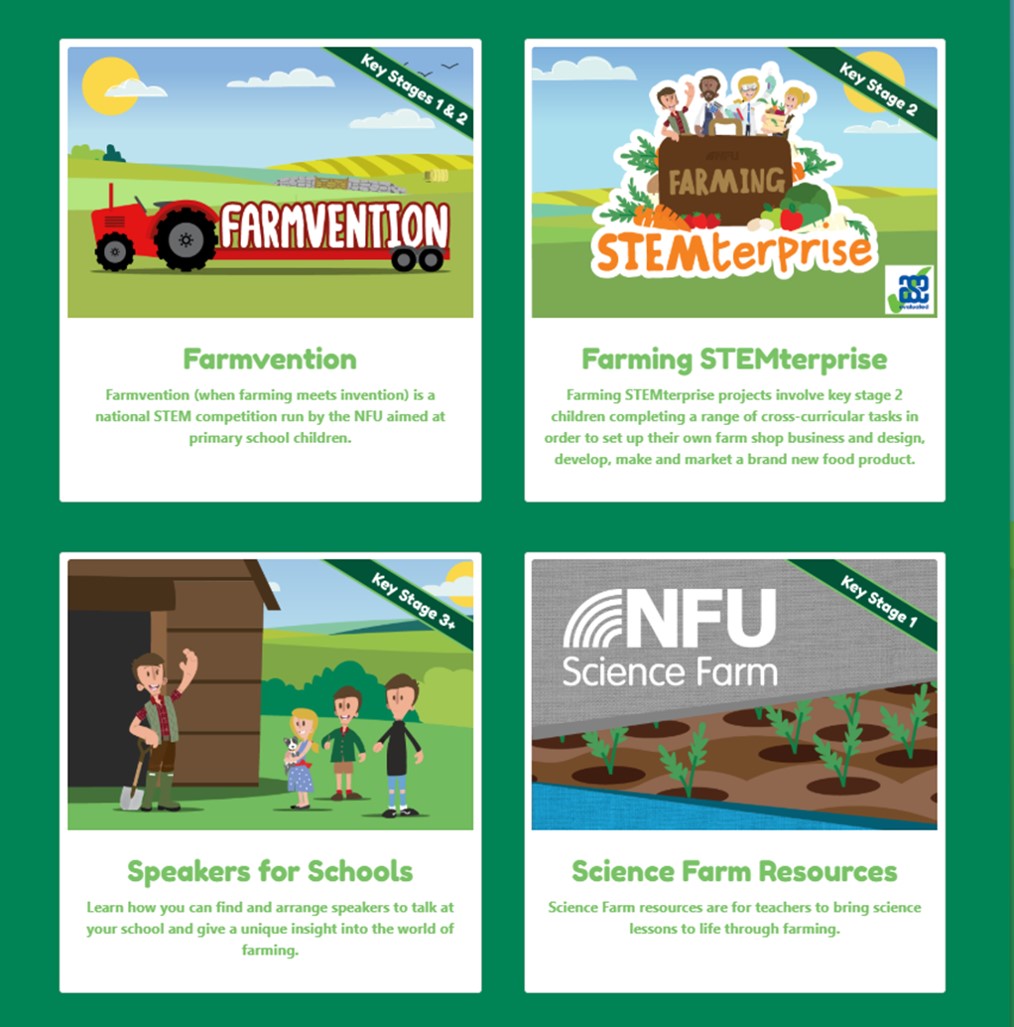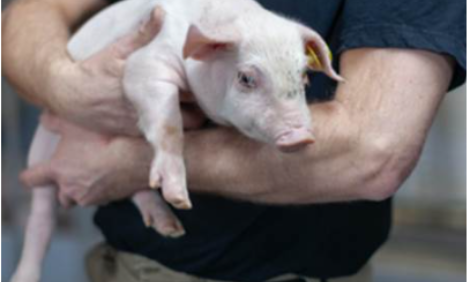



Careers in food and farming: inspiring the next generation of STEM graduates
Speaking at the NFU Conference 2020, an expert panel discuss the introduction of food and farming into the national curriculum and providing a gateway into STEM careers.With the number of STEM jobs on the rise, there is no shortage of diverse roles for children and young adults to aspire to achieve. This said, there is currently a huge shortfall in the number of students enrolling in STEM subjects, and even fewer graduates and apprentices available to fill these roles.
University of Warwick Senior Teaching Fellow Sally Spicer says that investment in “science capital” is currently missing, particularly at primary schools, which has led to both teachers and pupils lacking confidence in communicating STEM subjects.
“There is a distinct lack of understanding as to where science and mathematics might lead,” says Spicer.
“Science capital – the science we know, who we know, how we think about science and what you do with science – is something that we have a responsibility to teach our children. It’s our responsibility to inspire them to pursue any career.”
Sally says that this lack of confidence and expert knowledge in science restricts child development and progress in STEM subjects.
"A high quality science education provides the foundations for understanding the world."
-NC 2013-
In the 2013 British nutrition foundation pupil survey, it was determined that 58 percent of science classes were limited to less than two hours of teaching time per week. When surveyed, 19 percent of 5 to 8-year-olds thought potatoes grew above ground and this only dropped to 10 percent in 11-year-olds.
“Recent research has shown that the cut-off age for getting children interested in science is between 10 and 14 years old,” Spicer continues.
“If they’re not interested or good at science by that age, many children will never pursue it again, which is something we have to change.
“We need to redefine what scientists are and remove stereotypes. We also need to change the opinion that science is ‘too hard’,” she adds.
Food and farming in the curriculum
Chief Education Manager at the NFU Joshua Payne says that a key strategy to getting science, food and farming education into schools has been linking it to past curriculum and demonstrating its relevance to other core subjects.
Created in partnership with the Association for Science Education (ASE), the NFU currently provides free-to-access quality CPD and resources to support teachers and students in introducing STEM education with a food and farming focus.
Resources for key stages 1 to 3+ have been developed to bring science to life through farming for children aged 4 to 11. These sessions provide a perfect environment to begin discussing food provenance; backing local farming; and protecting the environment.

Farmvention
Farmvention is a national STEM competition for 4 to 11-year-olds launched by the NFU in September 2018.
Endorsed by the Department for Education (DFE), the competition provides the opportunity for students to embark upon one of three challenges designed to make children think about the day-to-day issues faced by farmers and growers in England and Wales. The challenges cover many sectors and change each year. In 2020, students will investigate wool and sustainable fabrics, and will design “farmventions” to challenge how these industries can work better.
Farming STEMterprise
Farming STEMterprise incorporates practical science, design and technology, maths, and communication into one project where students design a food and farming business.
While providing a platform for public speaking, written communication and team problem solving, the project also encourages children to think about the origin of food and backing British farming.
Speakers for Schools
Speakers for Schools is a scheme setup to continue the conversation around food, farming and STEM in secondary schools.
These sessions are designed to start a positive conversation about food production in the UK. Speakers can address how farming is being portrayed in the media and challenge misconceptions through the farming fact-checker.
In a recent visit to a school in Kent, Charlotte Hudson, arable manager at Hugh Lowe Farms, and Alice Montgomerie, student at Quest Professional, set out to fact-check a number of common statements published by the media.
- Agriculture produces higher emissions than transport.
- Plant-based diets are better for athletes.
- Farmers don’t care about their animals.
“It is vital to deliver our message professionally and concisely when it comes to speaking to secondary schools,” explains Montgomerie.
“We want to deliver our personal story and perhaps erase some of the preconceptions that young people have about what a farmer or scientist looks like today.”
“I think some of the assembly was quite surprised to see two young women representing the farming industry,” adds Hudson.









